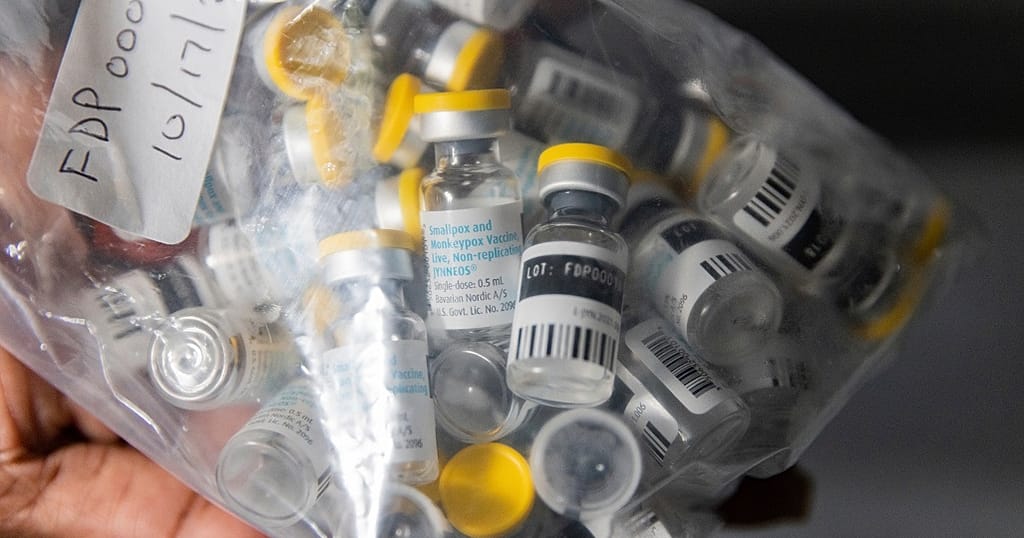In the Democratic Republic of Congo, a significant portion of mpox vaccines donated by Japan is being wasted due to strict preparation requirements. According to the country’s mpox response lead, Cris Kacita, approximately 35% of the vaccines are being discarded. This is because each vial contains 250 powder doses that must be mixed before use and cannot be stored for more than a few hours once opened.
The LC16 vaccine, manufactured by KM Biologics, is the only option approved for children and is being administered to those aged one and above. However, its technical complexity, requiring a specific needle and administration technique, compounds the storage challenges. Delivery is further hampered by the remote and politically unstable nature of some of the worst-affected provinces. Despite these challenges, officials say the vaccine has been effective in curbing the outbreak in the capital, Kinshasa.
This year, the Congo has recorded 53,657 mpox cases, down from 67,247 last year. The World Health Organization notes that such vaccines typically have high wastage rates, ranging from 5-50%. The organization recently downgraded the mpox outbreak from a global emergency due to declining rates. However, transmission continues in 17 African countries, underscoring the need for effective vaccination campaigns.
The mpox outbreak in the Congo has been ongoing, with over half a million people vaccinated so far. While the vaccine has been effective, the wastage rate is a significant concern. The loss rate for the Japanese LC16 vaccine is between 32% and 35%, according to Kacita. The Congolese government is working to prevent loss, but the complex logistics of vaccine delivery and storage are major hurdles.
The situation highlights the challenges of combating public health crises in remote and unstable regions. The need for effective vaccination campaigns is critical, despite the logistical hurdles that are causing significant waste of vital medical resources. As the mpox outbreak continues to affect several African countries, it is essential to address the challenges of vaccine delivery and storage to ensure that those in need receive the necessary treatment.
